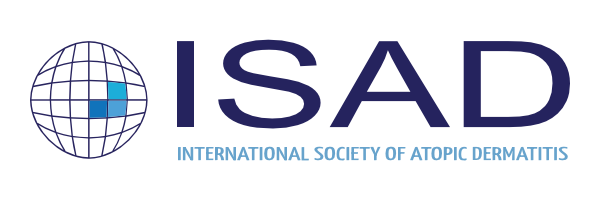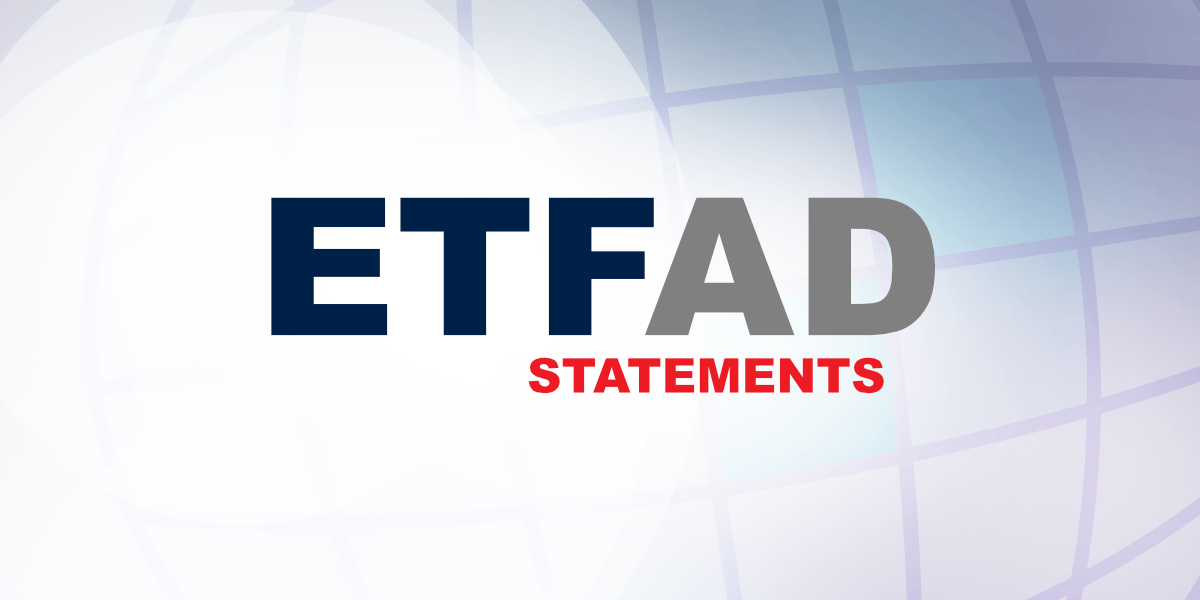Statement from the European Task Force on Atopic Dermatitis (ETFAD) on Corona virus (Covid-19) and Atopic Dermatitis
On March 11th the Director-General of the World Health Organization declared the Covid-19 to be a pandemic with wide implications for the population around the world. The total number of cases around the world is increasing exponentially and poses a major health threat, especially for those who are immuno-compromised, including AD patients on systemic immuno-suppressive treatments, especially if they are elderly and/or have other co-morbidities. We currently do not know how the SARS-CoV-2 virus affects such patients.
The ETFAD recommends that the general recommendations from local health authorities in each European country and the WHO are followed concerning the counselling of patients on general measures regarding prevention of the disease, including hygienic procedures using hand wash and disinfectants. In case of soaps not being tolerated, a soap substitute should be used in the same way as directed for soap. Moisturizers should be applied afterwards.
In patients treated with traditional systemic immuno-suppressants, the mode of action of the immunosuppressant should be taken into account, and a careful individual risk assessment must be made. Special care in the risk assesment should be taken in patients suffering from co-morbidities including, but not limited to, asthma, chronic obstructive lung disease, eosinophilic esophagitis, kidney disease and severe allergies.
In otherwise healthy atopic dermatitis patients, it is not recommended to stop systemic immuno-suppressive therapy.
For atopic dermatitis patients diagnosed with Covid-19 infection, a careful case-by-case risk assessment weighing pros and cons of each drug must be made, and immunosuppressive therapy may be paused in accordance with current guidelines on active infections and systemic immuno-suppressive therapy. Patients with severe and complicated atopic dermatitis are recommended evaluation in a highly specialized center.
If systemic treatment of atopic dermatitis is paused, patients should be supplied with ample topical therapy, and guidance on the amount needed to prevent flares until systemic therapy can be reinstated. At all times local or national guidelines should be followed in each country.
The ETFAD recommends that all doctors treating atopic dermatitis remain vigilant and updated through their local hospital guidelines, local health authorities’ homepages and the WHO homepage www.who.int.
Sebastien Barbarot (FR), Thomas Bieber (DE), Marjolein de Bruin-Weller (NL), Pavel Chernychov (UA), Stephanie Christen-Zäch (CH), Michael Cork (UK), Ulf Darsow (DE), Mette Deleuran (DK), Carsten Flohr (UK), Regina Fölster-Holst (DE), Carlo Gelmetti (IT), Uwe Gieler (DE), Annice Heratizadeh (DE), DirkJan Hijnen (NL), Laura von Kobyletzki (SE), Barbara Kunz (DE), Carle Paul (FR), Linda de Raeve (BE), Johannes Ring (DE), Julien Seneschal (FR), Dagmar Simon (CH), Phyllis Spuls (NL), Jean-Francois Stalder (FR), Ake Svensson (SE), Zsusanna Szalai (HU), Alain Taieb (FR), Jacob Thyssen (DK), Antonio Torrelo (ES), Magda Trzeciak (PL), Christian Vestergaard (DK), Stefan Weidinger (DE), Thomas Werfel (DE), Andreas Wollenberg (DE)


